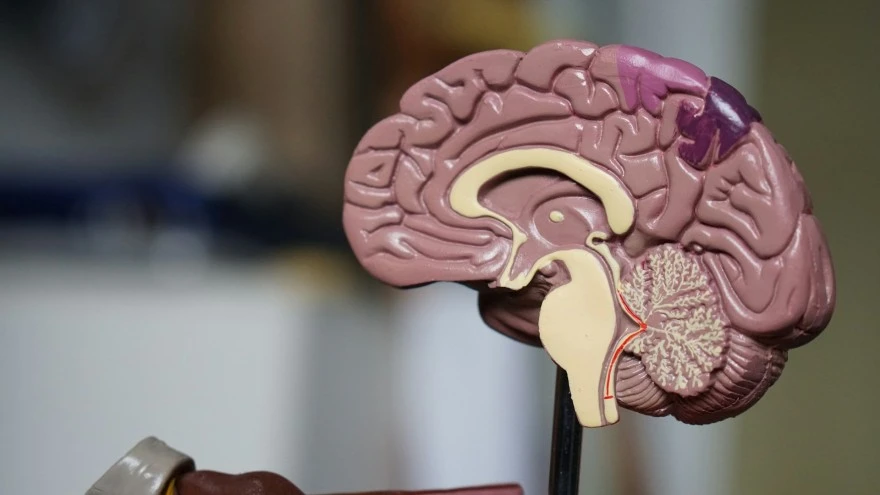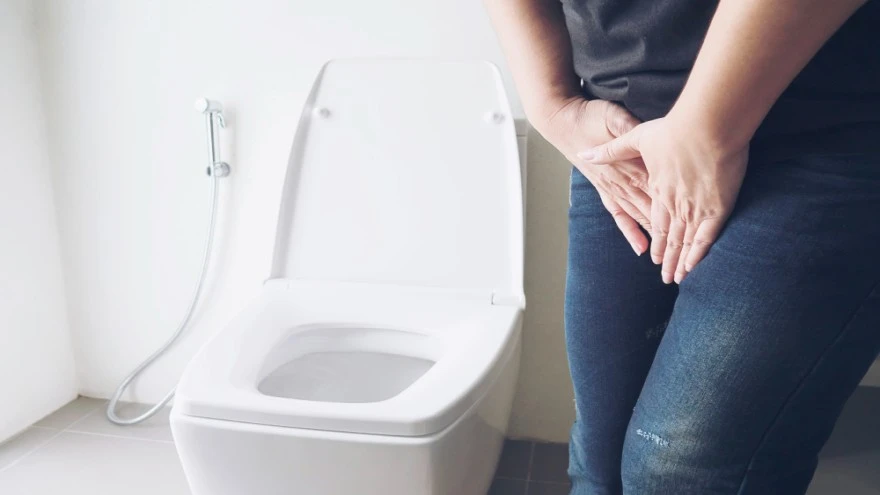Disease
Electrolytes disorders: Symptoms, Risk factors, Diagnosis, Prevention, and Treatment

Table of Contents
- What are electrolyte disorders?
- How do you tell if you have electrolyte disorders?
- Some of the common symptoms of electrolyte disorders include:
- What can give you electrolyte disorders?
- Could you be at risk?
- Can electrolyte disorders be of different types?
- How are electrolyte disorders treated?
- What can you do to prevent electrolyte disorders?
What are electrolyte disorders?
We will come to that, but first, do you know what electrolytes are? These are minerals that occur naturally in your body and help your body perform multiple day-to-day functions. Electrolytes not only help balance the water levels in your body but also regulate the acid-base balance, help nutrients move in and waste move out of the body cells, and pass signals across nerve and muscle cells. Examples of electrolytes include sodium, calcium, magnesium, potassium, and chloride. These minerals are present in your blood, urine and body fluids.
When the level of any of these physiologic compounds gets either too high or too low, the imbalance is termed as an electrolyte disorder. To prevent your vital body functions from getting affected by electrolyte disorders, it is important to identify the warning signs, get them diagnosed early, and receive treatment on time.
How do you tell if you have electrolyte disorders?
Depending on the severity of the electrolyte disorder, symptoms might vary from person to person. In fact, the milder forms may not cause any symptoms. Thus, it is very common for electrolyte disorders to go unnoticed. The best way to know if you could have electrolyte imbalance is to get a health test done that checks electrolyte levels. This test will provide a detailed break up of all the electrolytes and let your doctor see if there is any disruption in the electrolytes levels.
Also, different electrolyte disorders can share many symptoms in common.
Some of the common symptoms of electrolyte disorders include:
- Fatigue and lethargy
- Nausea and vomiting
- Diarrhea or constipation
- Cramps in abdomen
- Muscle weakness and cramps
- Irritability
- Headaches
- Irregular heartbeat
- Fast heart rate
- Numbness and tingling sensation in hands and feet
Severe electrolyte imbalances can cause serious concerns like coma, seizures, and cardiac arrest. It is thus advisable to not let your electrolyte disturbances be left untreated. If you are experiencing any of these symptoms too often without any other known medical concern, get tested for electrolytes and consult a doctor.
What can give you electrolyte disorders?
The most common causes of electrolyte disorders include loss of body fluids due to prolonged vomiting, diarrhea, or sweating. Burns causing fluid loss can also lead to electrolyte disturbances.
In some people, certain underlying health conditions like chronic kidney disease or some medicines can cause electrolyte disorders. However, the exact cause may differ based on the type of electrolyte imbalance.
Could you be at risk?
While anyone can get an electrolyte disorder, the risk may be increased in some people due to their medical history. Health conditions that put a person at risk of developing electrolyte disorder include:
- Alcohol use disorder
- Congestive heart failure
- Chronic kidney disease
- Cirrhosis
- Eating disorders, such as anorexia and bulimia
- Thyroid disorders
- Disorders related to the adrenal gland.
Can electrolyte disorders be of different types?
Yes, depending on the electrolyte whose levels are disturbed and whether the levels have elevated or depleted, electrolyte disorders can be of many different types. For example, if calcium levels have gone down, it is called hypocalcemia; if they have gone up, it is termed hypercalcemia. Similarly, if sodium levels dip down, it is called hyponatremia; if sodium levels rise, it is termed hypernatremia.
How are electrolyte disorders treated?
Treatment options are usually aimed at restoring the balance of minerals in the body. Also, it will vary based on the type of electrolyte disorder and the underlying cause.
Some of the treatment options include:
Intravenous (IV) fluids such as sodium chloride: These are commonly used in cases of dehydration resulting from vomiting or diarrhea.
Certain IV medicines depending on the electrolyte imbalance you have: For example, calcium gluconate, potassium chloride, and magnesium chloride. These can help restore electrolyte balance quickly.
Oral medications and supplements: These are commonly used if a person has been affected with ongoing kidney disease. Hemodialysis: Hemodialysis is a procedure that uses a machine to remove waste from your blood. It is used when an electrolyte disorder is caused by sudden kidney damage and other treatment options do not seem to help.
What can you do to prevent electrolyte disorders?
- Keep yourself hydrated and eat a balanced diet. Minor forms of electrolyte imbalance can be corrected via replenishing the body’s stores via eating mineral-rich food items. For example, including bananas, oranges, mushrooms, sweet potatoes, etc in your diet can help your body fend off potassium deficiency.
- If you are working out for more than 30 minutes, sip a sports drink containing electrolytes. Avoid drinking too much water along with it, as it might dilute the minerals and decrease the health benefits.
- If you experience any warning sign of an electrolyte disturbance, get your electrolyte levels checked, do consult a doctor, and seek medical advice.


























